Dhaka, Nov 04 (V7N) — Politics in Bangladesh is far more than a formal system of governance; it has become an inseparable part of social life, a survival strategy, a symbol of social status, and the center of aspirations for power. From tea stalls in villages to university campuses, political discussion dominates public discourse. Yet, despite its prominence, politics often appears confusing and contentious.
For ordinary citizens, politics is not limited to voting or party activities; it has become an essential part of daily life. From farmers in villages to office workers in cities, everyone seeks some form of political alignment. Political identity often ensures access to justice, administrative support, and social security, making politics a type of social insurance.
Institutional weaknesses in administration, judiciary, education, and healthcare amplify reliance on politics. When state institutions fail to deliver, politics becomes an alternative path to justice. Citizens believe that without political connections, obtaining rights or opportunities is nearly impossible, fostering interest driven by fear, necessity, and security.
Politics also provides psychological satisfaction. Even ordinary voters feel they are part of governance, experiencing a sense of influence and importance. This “joy of participation” allows people to feel empowered even without actual authority, offering a sense of mental security.
Historically, Bangladesh’s politics is inseparable from movements and social change. From the Language Movement to the Liberation War and mass uprisings, political consciousness has been central to the nation’s identity. Politics thus carries both pride in history and hope for change.
However, in modern times, interest in politics often overlaps with personal gain. Many engage in politics for power, employment, or influence, while others seek the protection of political affiliation without active participation. This divergence transforms politics from a tool for public welfare into a vehicle for self-interest, highlighting the distinction between politics as a principle and politicians as actors.
The lack of political education exacerbates this issue. Schools and colleges rarely provide institutional instruction on civic duties, democracy, or political ethics. Consequently, participation is driven more by emotion and loyalty than by logic or moral understanding, turning politics into a competition for popularity rather than ideals.
In Bangladesh, politics embodies a dual reality—it serves as a platform for protest against injustice and simultaneously as a source of personal security. This duality makes politics both dynamic and complex, reflecting the daily lives of its citizens.
Ultimately, politics in Bangladesh mirrors life itself. People engage in politics as a means of survival, security, and hope for change. Yet, if political engagement is confined to personal gain, it cannot serve as an instrument for public empowerment. A moral and educated political culture is essential, where politics signifies responsibility, service, and participation rather than mere profit.
Bangladeshis love politics because it reflects their lives. Its true value emerges when it is guided by public interest and provides the courage to transform the nation’s future.
(Writer: Md. Rokonuzzaman Sharif, Teacher and Journalist, General Secretary, Mathbaria Press Club, Pirojpur)
END/MRZ/SMA/



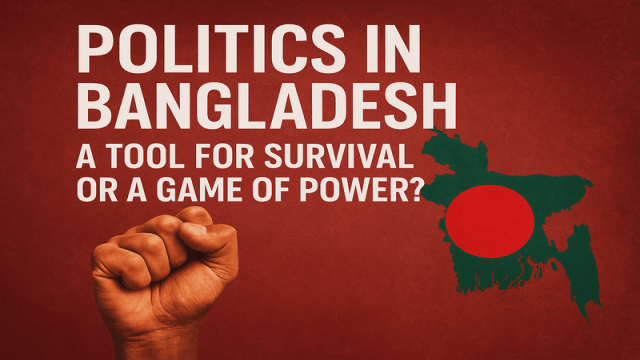
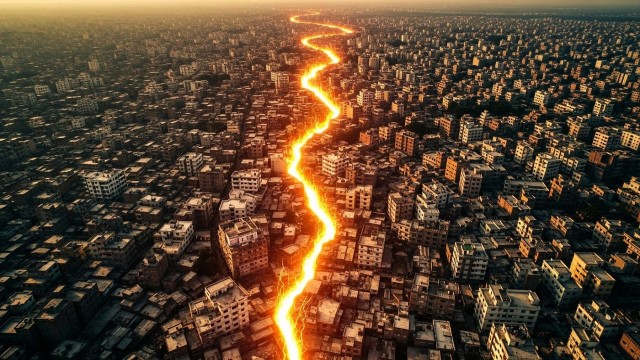
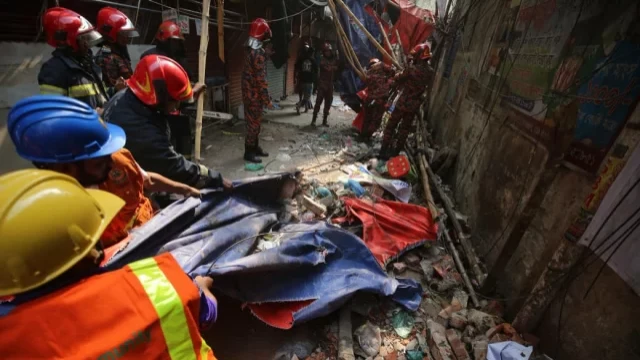
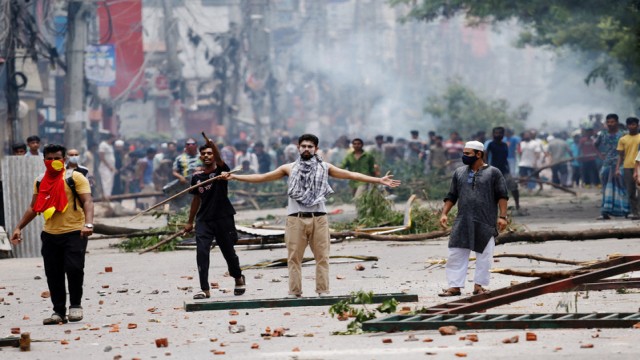
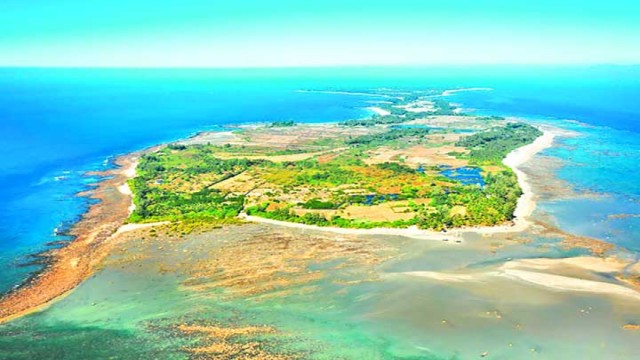
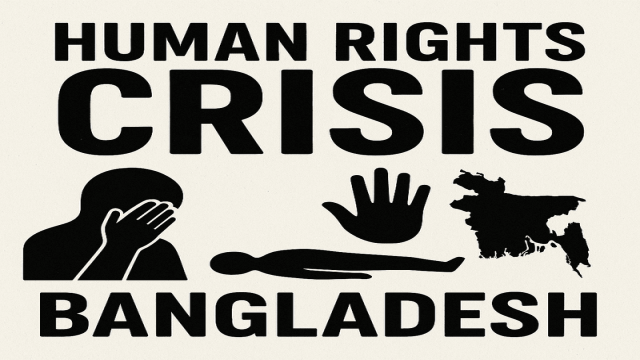
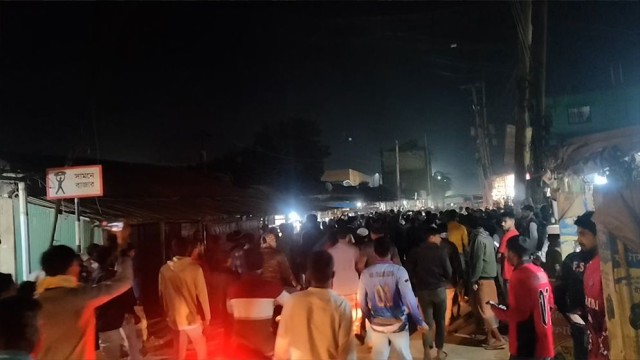

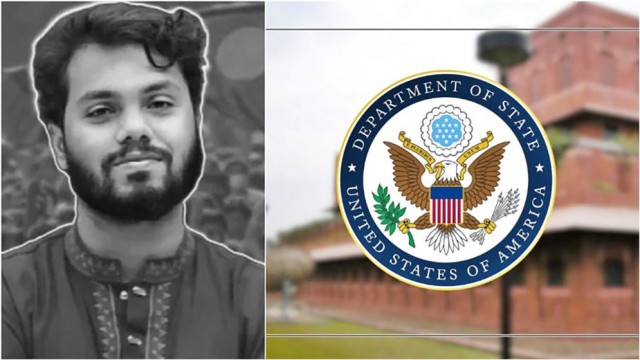
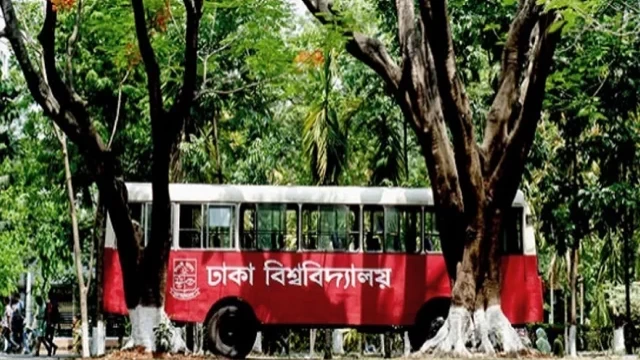
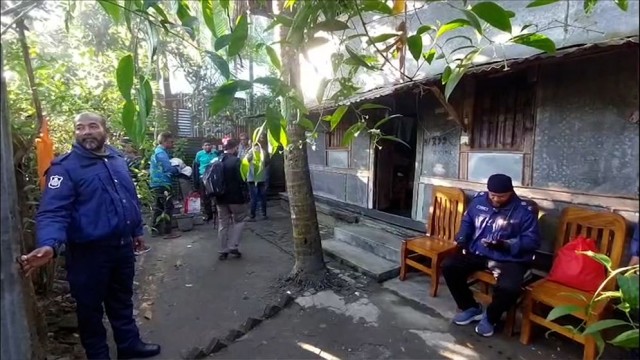
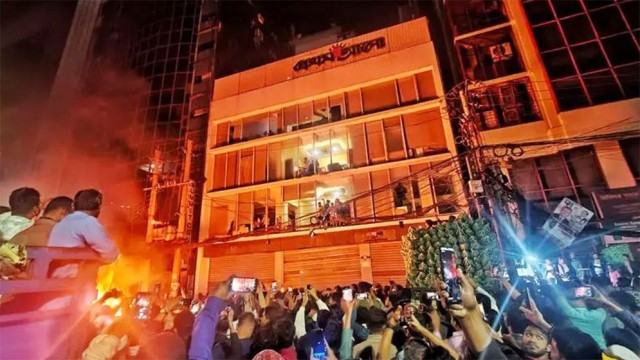
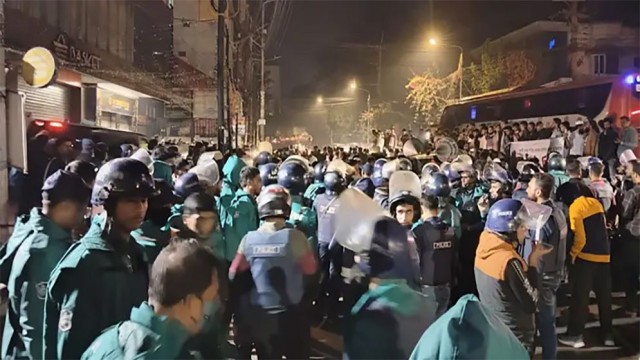
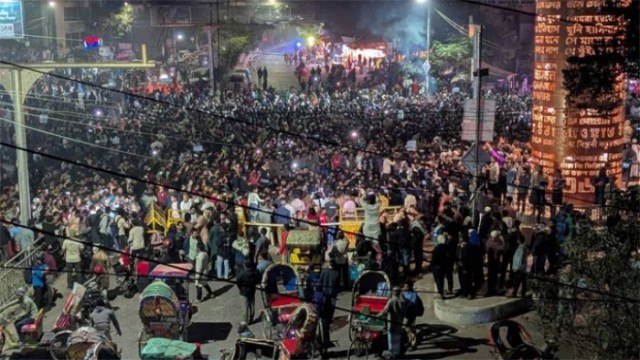
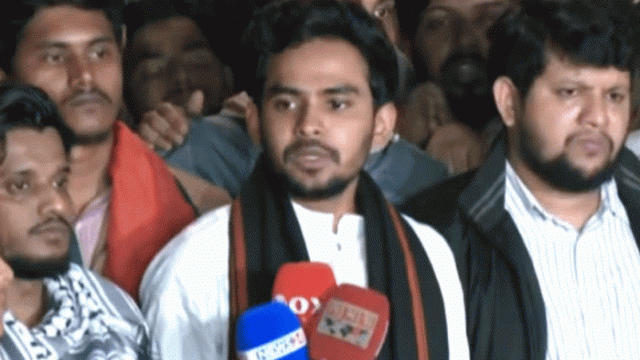
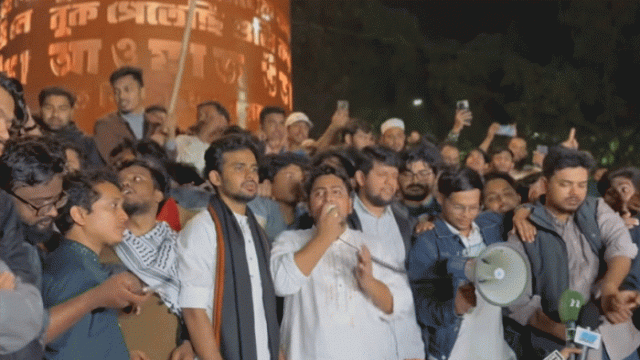

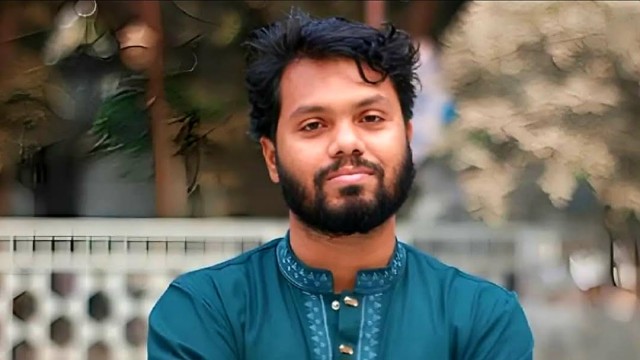
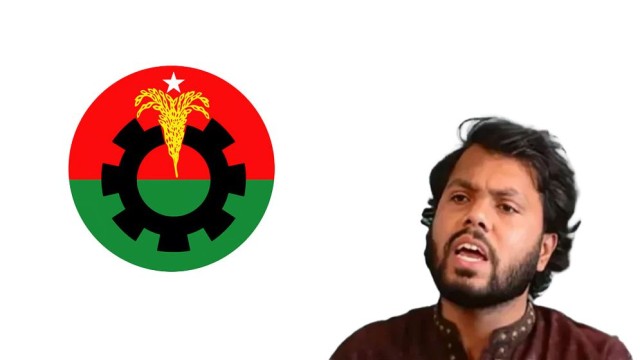
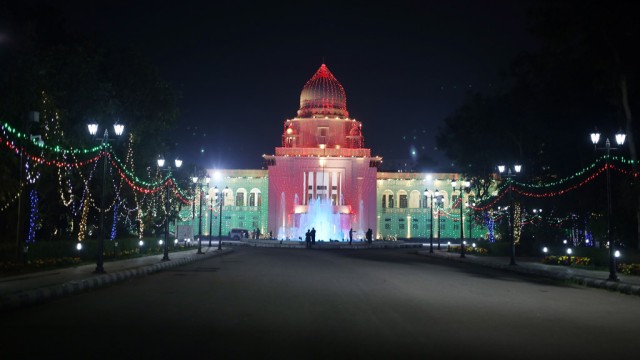
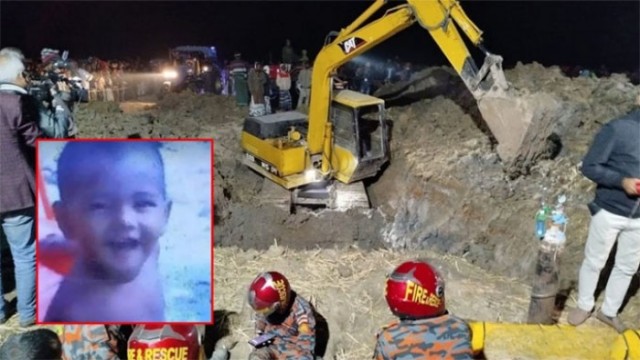
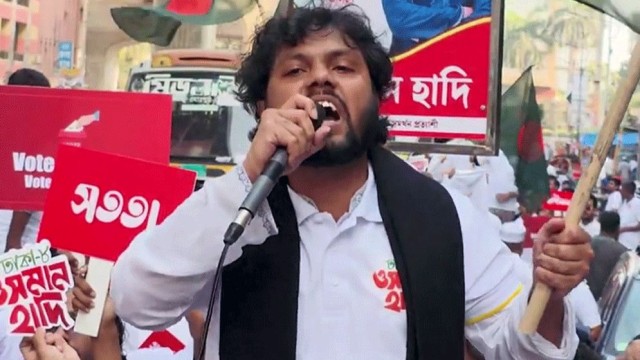
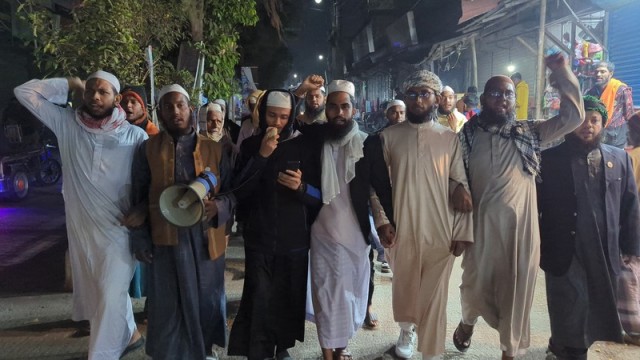
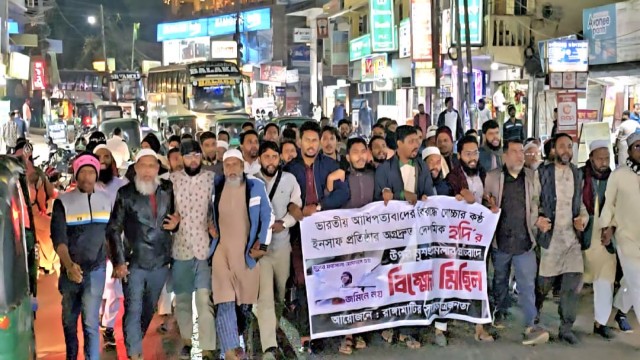
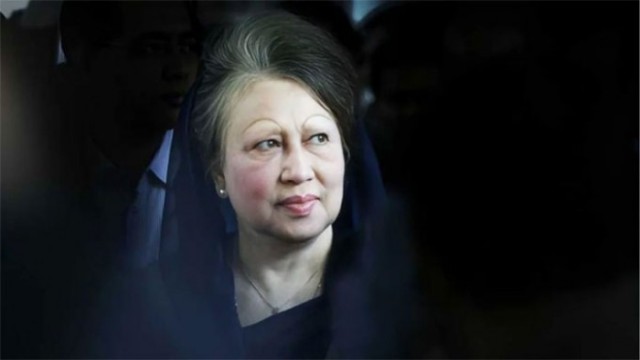

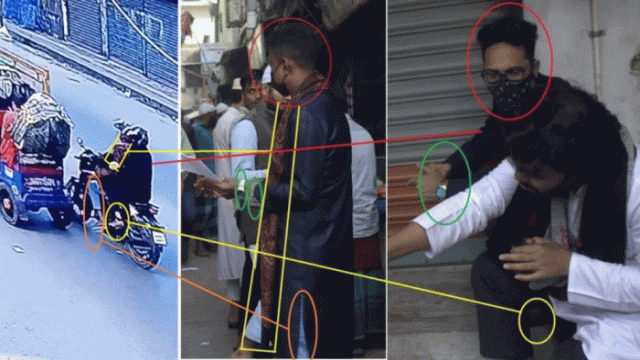
Comment: